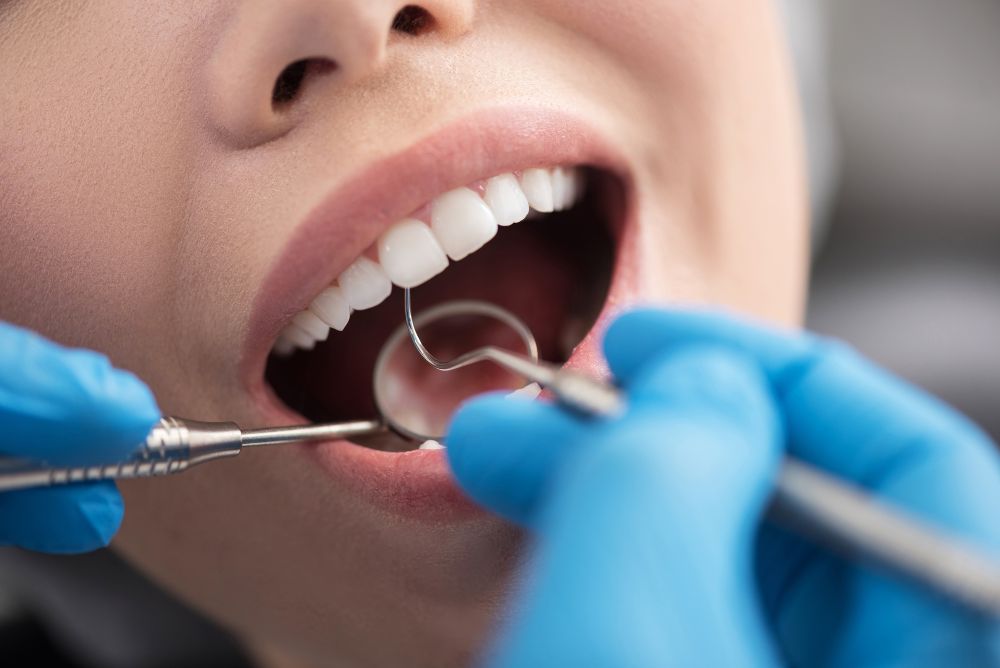Dental crowns are a common dental restoration method that can last for many years with proper care. However, some patients may experience discomfort or pain in the crowned tooth years after the procedure. This article will discuss why a crown tooth might hurt years later, the potential causes of this discomfort, and available treatment options to address this issue.
Reasons for Discomfort in Crowned Tooth
Several factors can lead to a patient experiencing pain in a tooth that has been crowned. One common cause is tooth decay developing beneath the crown. Even though the tooth is covered, the area where the crown meets the tooth, known as the margin, can still be vulnerable to plaque and tartar accumulation, which can lead to decay.
Another potential cause is gum disease, which can lead to inflammation and discomfort around the tooth and the crown. The condition of the tooth before it was crowned could also play a role. For instance, if the tooth had a significant amount of decay or a deep filling before it was crowned, it might be more prone to future issues.
Sensitivity and Nerve Issues
Dental sensitivity or nerve issues might also lead to discomfort in a crown tooth years after the procedure. Sometimes, the nerves within the tooth become inflamed during the crown preparation process, leading to prolonged sensitivity or even a need for a root canal.
In other cases, the crown may be slightly high or not well-adjusted to your bite, causing discomfort when you bite down or chew. Over time, this can lead to increased sensitivity and pain. Furthermore, a cracked or loose crown could also expose the tooth to temperature sensitivity or pain when biting.
Recognizing the Signs
Recognizing the signs of a problematic crown is crucial to address the issue promptly. Beyond pain, you might notice sensitivity to hot and cold foods or beverages, pain when biting down, or a throbbing sensation in the tooth or gum. In some cases, you might also observe signs of infection, such as pus, redness, swelling, or an unpleasant taste in your mouth.
If you experience any of these symptoms, especially if the pain is severe or persistent, it’s essential to contact your dentist as soon as possible. Ignoring the pain might lead to more significant complications, including the loss of the tooth.
Treatment Options
When it comes to treating a crown tooth that hurts years later, the approach will depend on the underlying cause of the pain. If decay is the issue, the dentist may need to remove the crown, treat the decay, and then place a new crown. In cases of gum disease, appropriate periodontal treatment will be required.
For issues related to nerve inflammation or damage, a root canal might be necessary to relieve the pain. If the crown is not properly fitted or has become loose or cracked, it may need to be replaced. If your crown tooth hurts years later, it’s essential not to ignore the discomfort. Dental pain is often a sign that something needs attention. By seeking help promptly, you can address the issue and protect your overall oral health. Always maintain regular dental check-ups to ensure that your crowns and other restorations are in good shape and serving their purpose well.

